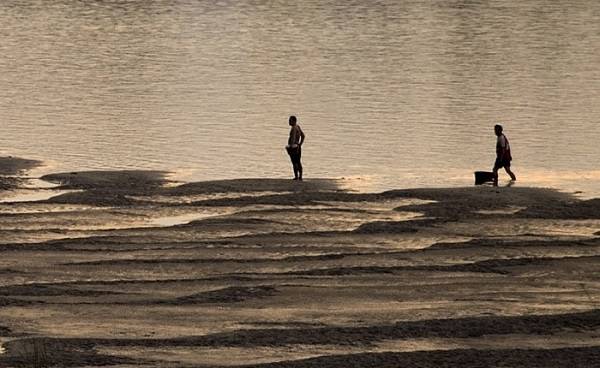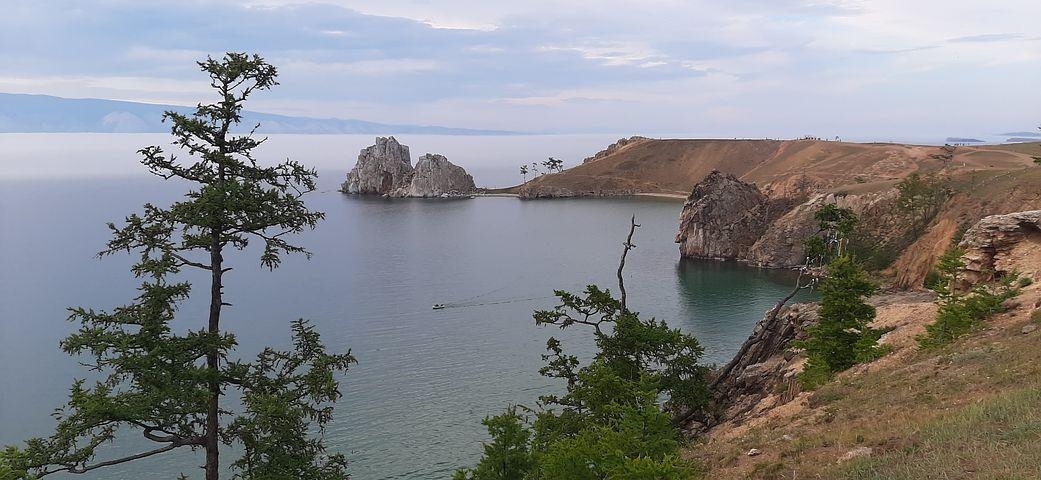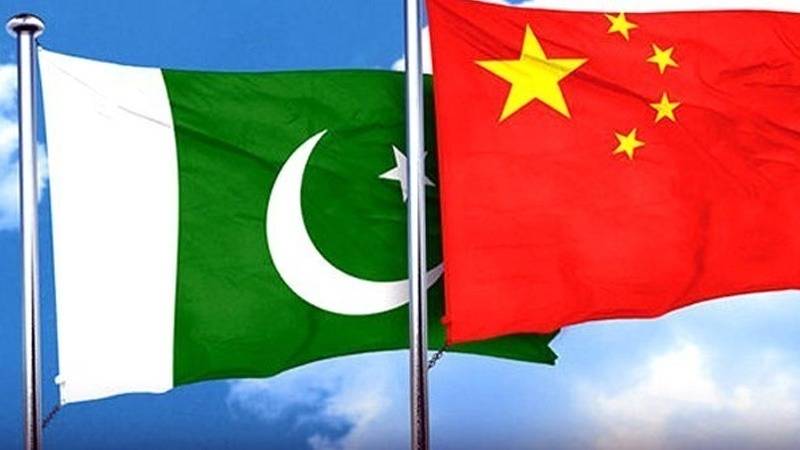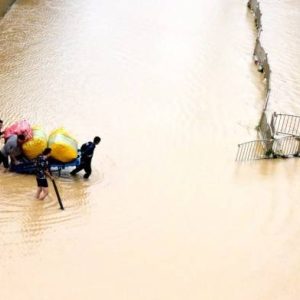Bangladesh is the most riparian nation in South Asia and heavily depends on international rivers….reports Asian Lite News
China, an upper riparian nation, has built roughly eight hydroelectric power projects (HPPs) on the lower levels of the Brahmaputra; some of them are currently operational, others are being built, and one mega-dam is being considered, according to the Daily Mirror. According to Beijing’s 14th Five-Year Plan (2021–25), the 9th projected 60 GW HPP could be constructed at the Great Bend in Motuo County of Linzhi Prefecture, Tibet.
Bangladesh is the most riparian nation in South Asia and heavily depends on international rivers. Millions of people who depend on it for their livelihood make up the lower riparian nation of South Asia, where the Brahmaputra is one of the most significant rivers.
The powerful, braided Brahmaputra is known by various names in different locations, including Yarlung Tsangpo, Jamuna, and others. It is a transboundary river that is joined by numerous tributaries as it travels. It has recently grown into a significant cause of geopolitical conflict on the Indian subcontinent.
Mekong River’s current situation is a classic example of how lower riparian countries are seriously impacted by China’s hydro-hegemony, as Beijing considers rivers are “strategic resources” under the vague umbrella of “national security”, instead of “shared natural resources” for humanity The Yarlung Tsangpo – Brahmaputra – Jamuna River System hosts fragile biodiversity hotspots, housing rare species of flora and fauna.
River issues are a relatively new addition to the Sino-Indian dialogue agenda, but it appears that riparian issues are becoming yet another source of contention rather than cooperation, the Daily Mirror reported.
Differences and misunderstandings could have spillover effects in amicable consultations between the riparian states for responsible sharing of hydrological data and equitable distribution of water resources in future.
There have been growing suspicion and just concerns voiced regularly by Bangladesh and India towards Beijing’s plans for water diversion of Tibetan rivers, including Brahmaputra, to arid Northwest China through the Red Flag Canal, under the South-North Water Transfer Project (SNWTP), the Daily Mirror reported.
According to statistics, at least 60 per cent of Bangladesh’s population relies on the Brahmaputra’s catchment basin. Construction activities, landslides and mining for precious metals and Rare Earth Elements by China in the region seriously impact sedimentation, siltation, river quality and rate of flow downstream, as evident from the recent blackening of Siang and Kameng tributaries.

As Bangladeshi officials remark that they could experience heavy water flow when they do not require, it and the least or no water during the dry season when they require it the most. The comments are in the light of upstream riparian countries with China in particular having leverage to withdraw or release water as per their requirement, the Daily Mirror reported.
The expert expresses apprehension that the Chinese diversion of water, apart from the generation of electricity, could prove detrimental to the millions of lower riparian communities of Bangladesh.
Sheikh Rokon, secretary general of environment campaigners Riverine People, said the multilateral discussion should be held before China builds any dams in future.
He further remarked shaping up the right attitude in treating co-riparian countries, sharing of equitable benefits, sub-regional cooperation and basin-wide approach will go a long way in maintaining a sustained riparian relationship, the Daily Mirror reported.
Dam building overlaid with border disputes and lack of political trust is exactly the type of problem that international observers predict will exacerbate resource competition in developing regions.
Management of Brahmaputra is woefully under-institutionalized. Due in part to the river passing through disputed territory, there remains no multilateral water-sharing accord between China, India, and Bangladesh, the Daily Mirror reported.
Hydro-hegemonic activities by China on the Brahmaputra, without genuine consultation involving local people and authorities of Bangladesh could prove counter-productive, and further cause irreversible damage to the fragile flora, and fauna already reeling under the much larger issue of climate change. (ANI)














